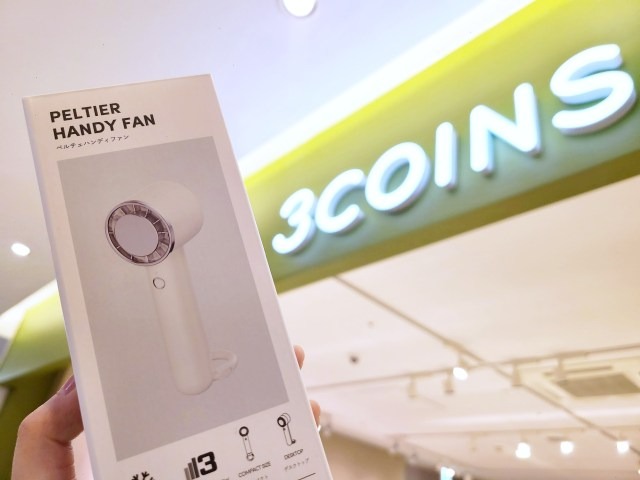Material that cools down by glowing developed by researchers in Chiba and Osaka

Cool!
Oftentimes in anime or video games, when a robot or sci-fi weapon does something really cool, it tends to glow. While a great visual effect, it probably would never work like that in real life.
▼ You don’t get much more glowy than the mecha in Zone of the Enders.
If we ever could build a real mecha, it would probably just make buzzing sounds and vibrate a lot rather than light up like a Daft Punk concert. After all, what practical purpose would glowing achieve?
A very important one, according to the results of research done by Professor Yamada Yasuhiro and his team at Chiba University with the help of Osaka University. Their work has led to a new material that can cool itself by glowing.
This material uses crystals made from a composition of cesium, lead, and bromine in perovskite structures. Perovskite structures are often used in solar energy cells for their ability to absorb light. This material can also absorb a specific wavelength of light to a high degree but then does something amazing with it.
When irradiated with this certain light, the material will emit an even stronger light, causing its temperature to cool. In experiments, exposure to the light for 10 minutes resulted in a drop of 10 degrees Celsius (18 degrees Fahrenheit). In other words, it releases its own heat in the form of visible light by glowing.
As magical as that might sound, everything releases heat in the form of electromagnetic radiation to some degree, even us. We just don’t do it in a wavelength that can be detected by the human eyes.
▼ But to Predators, we all glow.
This material just does it with remarkable efficiency and in a way that has more applications that conventional heat transfer element. For example, a popular item recently has been Peltier plates which exhaust heat from one side when an electric current is passed through it, leaving the other side nice and cool.

However, this requires another medium for the heat to be transferred into. On Earth, this would normally just be the air and everything works fine. But in space, this won’t work.
It might seem odd, because we normally think of outer space as the coldest environment imaginable, but overheating of astronauts and equipment out there is a big concern. This is because there is no way to directly transfer the heat from inside the spacecraft into the vacuum outside it.
But if you were to convert the heat into light, it could be sent out into the abyss of space much more easily. That’s where this material can be a real game changer, and if that wasn’t cool enough, in the event we do eventually make giant space robot wildcats that combine to form an even bigger robot with a bitchin’ sword, it really would glow as a way to expel excess heat!
▼ Having a knife fight with a giant pointy-nipped bat monster really does work up a lot of heat.
Fans of sci-fi and its aesthetic were thrilled by the news and posted their extreme pleasure that glowing equipment is now both justified and a real possibility.
“So, now we know what space suits glow like that in sci-fi…”
“It would be so cool to see racing cars and bikes use this!”
“This is a dream come true! I wonder how cold it can get!”
“This could be used to combat global warming.”
“I wonder what kind of light it uses. I’d like to put some in my home.”
“The Psycho-Frames in Gundam were just cooling themselves then…”
“Now gaming PCs have a reason to look like that.”
“I want a light-cooled PC!”
As luck would have it, the researchers also found that passing an electric current through this material also caused it to glow and cool, opening the door for potential use in electronics. However, they didn’t seem to mention the most potentially lucrative application of cooling people down during these increasingly horrible summers.
Perhaps it’s an issue of the cost or stability of the material, but it could also very likely be the fact that it’s made from cesium, lead, and bromine, all of which are quite toxic. Still, the potential of such a more widely usable material with the same properties could ensure a brighter future for everyone.
Source: Nikkei Shimbun, My Game News Flash
Top image ©SoraNews24
Insert image ©SoraNews24
● Want to hear about SoraNews24’s latest articles as soon as they’re published? Follow us on Facebook and Twitter!
Credit:

0 comments: